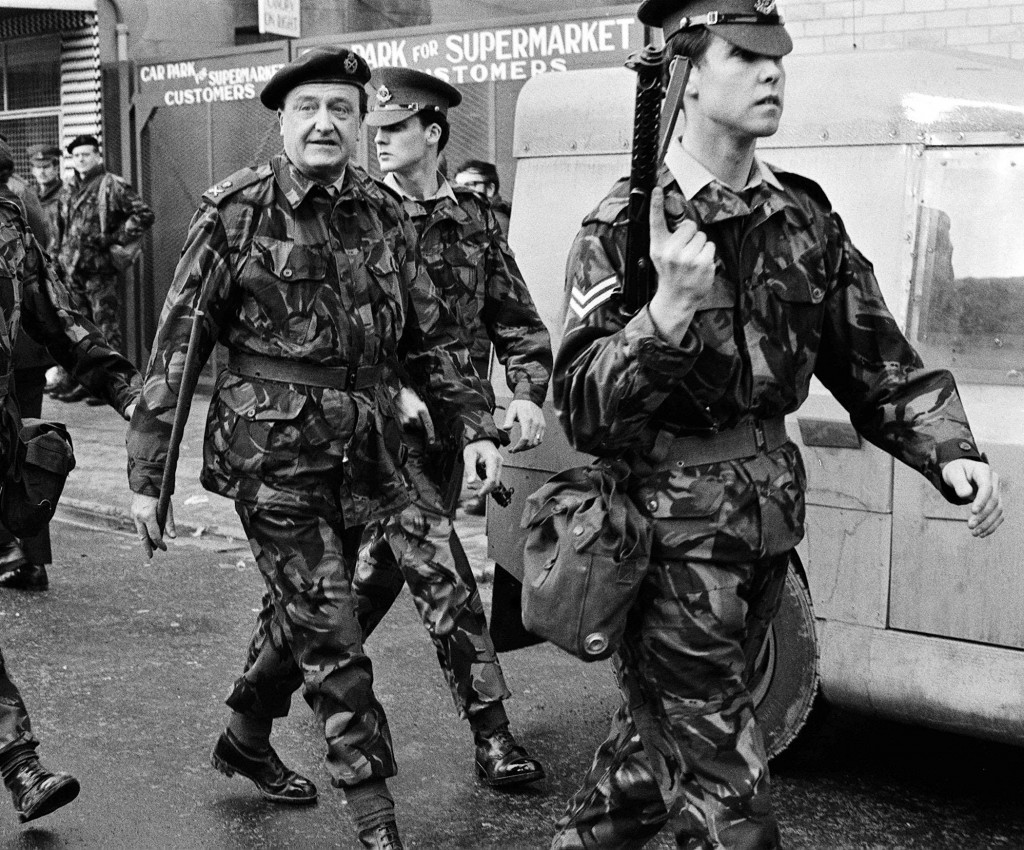Military witnesses who will be giving evidence to the Springhill inquest want to have anonymity and to give their evidence remotely the inquest was told this week. It was said that all expressed a fear of their identities being made public and would feel under threat if they have to attend the inquest in person. However, the inquest heard that threat assessments concerning most of the military witness was both speculative and generic and that there were no specific threats to any individuals. Some of the reasons given by military witnesses for not wanting to attend the inquest related more to the safety or health concerns of other family members rather than themselves. In some instances, no medical evidence was provided by the witnesses.
Over the next number of months, the inquest will hear evidence from up to 19 military witnesses who have come forward and made statements. Two of the witnesses are former Royal Military Police officers (RMP) who would have taken the statements of soldiers involved in the killings. It is unclear whether any of the military witnesses have admitted involvement in the killing of the five victims. The King’s Regiment known within the army as 1 King was believed to be responsible for shooting dead the five victims on the 9th July 1972. No firearms were recovered from the scenes of where the victims were killed and there was no evidence that any of the five people had handled weapons despite the claims by the British soldiers that those killed were gunmen.
Counsel for the MoD Joseph Aiken said protective measures need to be put in place to secure the safety of military witnesses giving evidence to the inquest. These people are now in retirement and do not have the protection of the state or the British army. Moreover, they are being associated with what is being described in the media as a ‘massacre.’
Counsel for the families objected to soldiers giving their evidence by video link or for them to be screened if they attend the inquest in person. It was argued that they should give their evidence to the inquest in the same way civilian witnesses have given evidence. The risk assessments in relation to several military witnesses are speculative and generic and granting anonymity would be against the principles of open justice. It is not only important that justice is done but that it is seen to be done by military witnesses attending the inquest and giving their evidence in person said counsel Malachy McGowan.
Mr. Justice Schofield said he will consider the submissions made by the military witnesses in relation to anonymity, screening and giving their evidence by video link.











